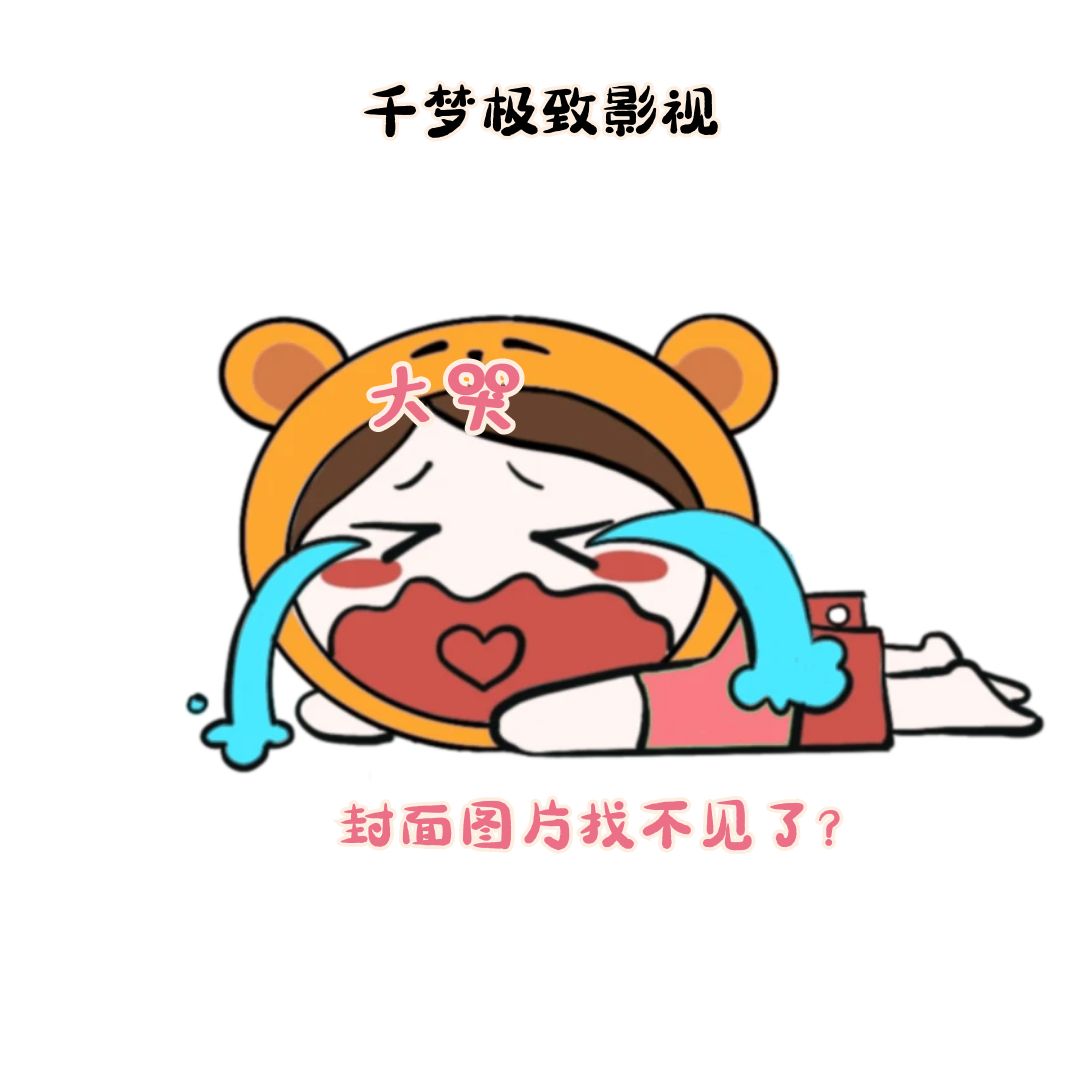HD
豆瓣:1.0分

萨拉热窝事件2014
HD
豆瓣:10.0分

神话2013
HD
豆瓣:1.0分

深入战区
HD
豆瓣:9.0分

五个人的天空
HD
豆瓣:4.0分

七天丧期
HD
豆瓣:7.0分

战争与和平1966
HD
豆瓣:4.0分

兵临城下国语
HD中字
豆瓣:10.0分

永别了傻瓜2013
HD
豆瓣:10.0分

靡菲斯特1981
已完结
豆瓣:7.0分

波弗特
HD中字
豆瓣:5.0分

安德烈·卢布廖夫
HD
豆瓣:1.0分

撒哈拉1995
HD中字
豆瓣:7.0分

雾岛浮生
HD中字
豆瓣:9.0分

战地摄影师
HD中字
豆瓣:8.0分

更大的辉煌
HD中字
豆瓣:8.0分

抵抗行动
HD中字
豆瓣:8.0分

攻克柏林
HD中字
豆瓣:6.0分

命运无常
HD
豆瓣:3.0分

奥萨玛
HD
豆瓣:6.0分

霹雳红星
